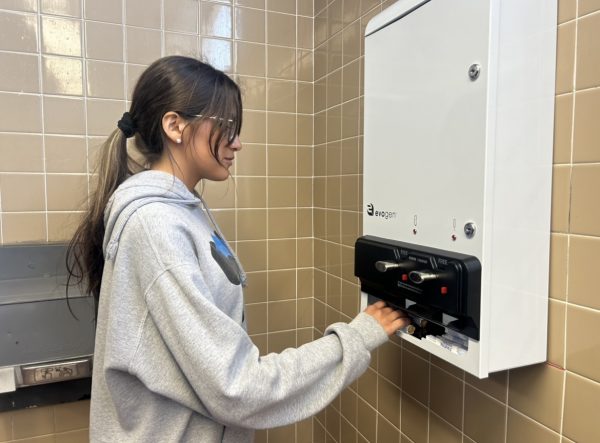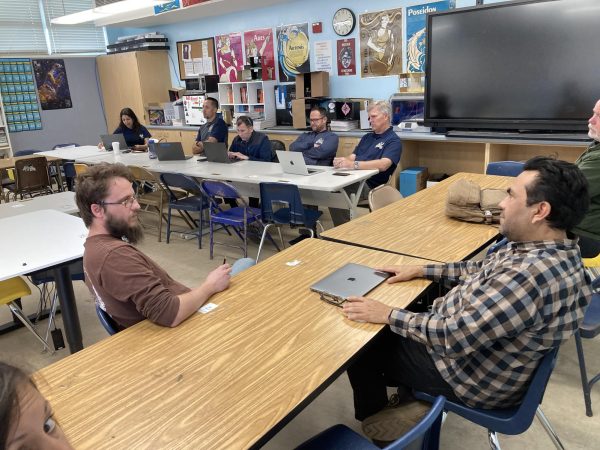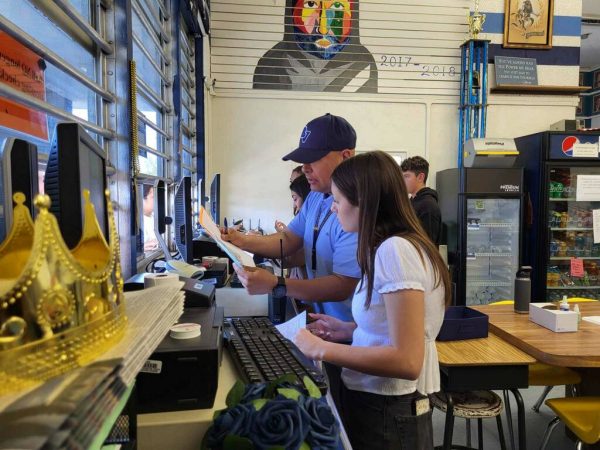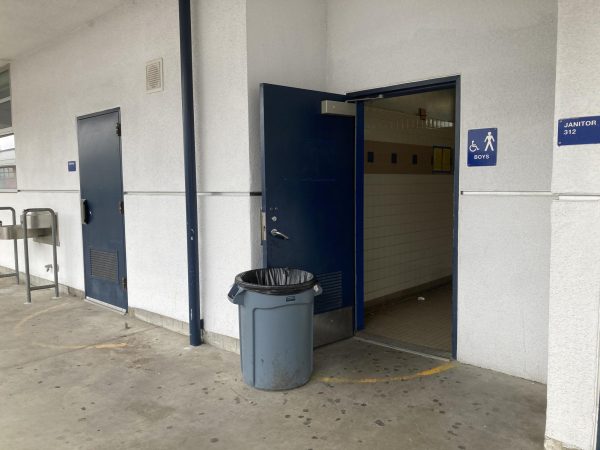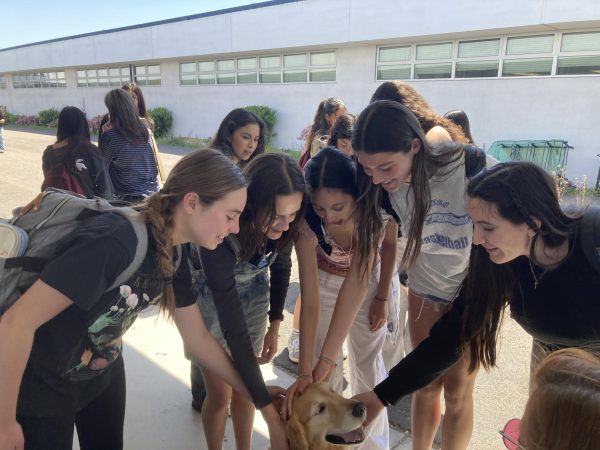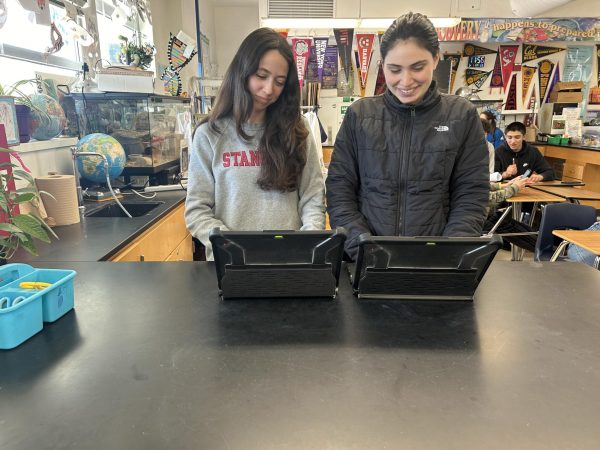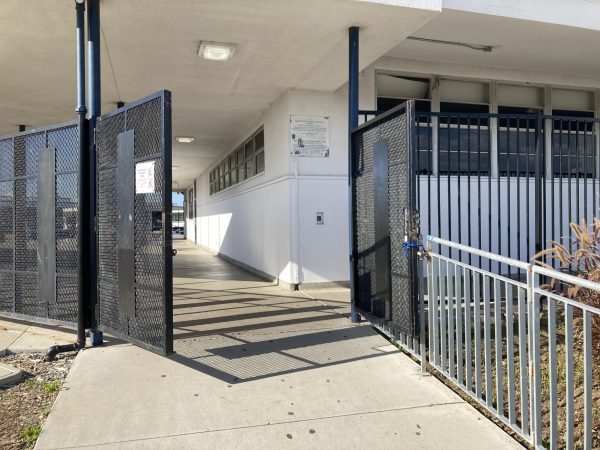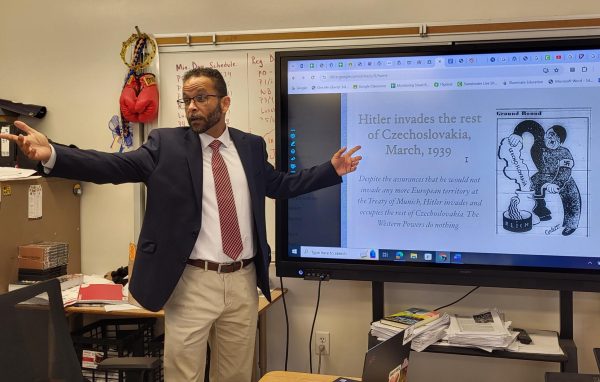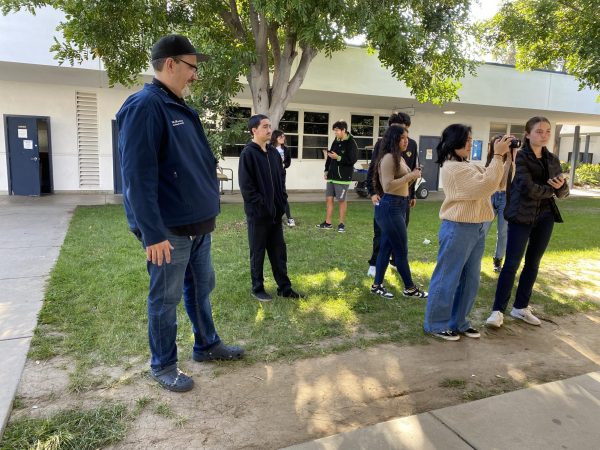Speech & Debate national championship goes virtual
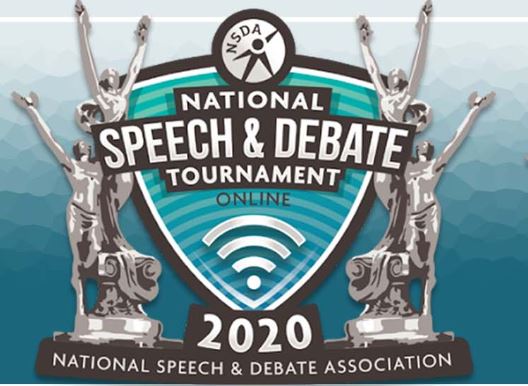
Photo provided by the NSDA website
The National Speech and Debate Association (NSDA) announced that their National tournament would held online this year rather than canceled. A statement was uploaded onto their website alongside further details regarding the tournament.
“During times of crisis, the National Tournament’s mission is even more essential. Speech and Debate provides comfort and strength to students. The National Tournament’s platform allows students to share their stories and speak up on the issues they care about, and that platform cannot be abandoned. We remain dedicated to connecting, supporting and inspiring a diverse community committed to empowering students through Speech and Debate. That mission leads us to the decision to elevate student voices this year through an online National Tournament.”
The National Speech and Debate Association (NSDA) released this statement explaining that the annual NSDA National Tournament would officially be held online rather than in Albuquerque, New Mexico, due to the spread of COVID-19.
“I’m glad that [the NSDA National Tournament is] going to continue. These kids work very hard nationally — not just at our school but worldwide. In order to qualify for this very prestigious tournament, you have to be at the very top of your entire region,” Bonita Vista High (BVH) Speech and Debate Advisor Eric Helle said.
The BVH Speech and Debate Team will be sending 16 qualifying students into the National Tournament, which is a “greater amount [than] they would’ve entered if a physical tournament was still possible,” according to Helle. However, despite the tournament being brought back after its cancelation, the implementation of this prestigious tournament as an online event has left the team with “mixed emotion,” as stated by junior and BVH Speech and Debate President Ursula Neuner.
“Overall, I’m happy that I get to compete at Nationals for one final time, although I wouldn’t necessarily say it felt like compensation,” senior and Vice President of BVH Speech and Debate Cameron Loughney said. “I would say it was kind of bittersweet. It felt like this was one of the better outcomes, as it could’ve just been canceled completely, but [it’s] definitely not the best.”
With the National Tournament now taking place online, the NSDA has organized guidelines and rules for the new tournament environment. Changes to the usual tournament landscape will be few besides the fact that it will be held digitally, but Helle believes Individual Events (IEs) will suffer the most. This is because the live performing aspect will no longer be there, as students will be required to record themselves prior to the event.
“The intimacy and immediacy of performing are lost in this one. You won’t find those little nods, nudges and whispers that you might do at a physical tournament,” Helle said.
Alongside losing the physical aspect of competing, qualifiers will also be losing the experience of attending a large-scale tournament, where they would be required to travel, spend nights in hotels and develop closer bonds with one another.
“I don’t think anybody really wants to have a virtual tournament; that’s not why kids do Speech and Debate. A lot of the intangibles of speech and debate happen outside of the actual competition,” Helle said. “After the round you gather with your teammates and share experiences. When we go to Nationals we also travel together, do sightseeing and we go to eat. Those are the things you get when you travel to a National tournament, and I think NSDA knows the value of that.”
An online National tournament also comes with a fair share of technologically related challenges because there are no guarantees if competitors could have difficulties with connecting to crowded rooms or communicating clearly.
“Debate is a sport where you really need to hear every word your opponent says during their speeches, and if a microphone cuts out for even just two or three seconds, it can be seriously annoying,” Loughney said.
The NSDA tournament guidelines also highlight the fact that competitors participating in Speech events where they are asked to record themselves rather than perform are not required to even be in the online room. These difficulties and many others are what make online tournaments difficult to regulate.
“There definitely are concerns. It’s really hard to regulate cheating online. For example, competitors could consult coaches or look up information online during the round,” Neuner said. “Also, there’s always the possibility of technical difficulties. It definitely won’t be perfect, but I’m very grateful they’re giving us this opportunity regardless.”
Nevertheless, the team plans to go into the National tournament with their heads held high and will push to compete at the same level they would at a physical tournament.
“I think that says that our team is composed of people who won’t let anything get in between them and what they want, even if it’s a global once-in-a-lifetime pandemic,” Loughney said.
With the tournament ahead of them, the BVH Speech and Debate team will be working towards success as they would if they were still holding practices after school and believe that coming out of the tournament will prepare them for the year to come.
“Our team is extremely hardworking and dedicated, and we aren’t going to let any obstacles stop us from doing what we love,” Ursula said. “Our biggest goal during these times is to not let the virus defeat us. We’re going to work just as hard as ever, maybe even harder.”
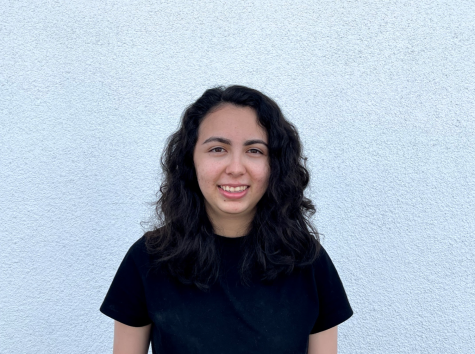
Writing can be a ridiculously painful thing to endure, but I think that giving it up would be even worse. After all, who doesn’t like a challenge? I’m...

